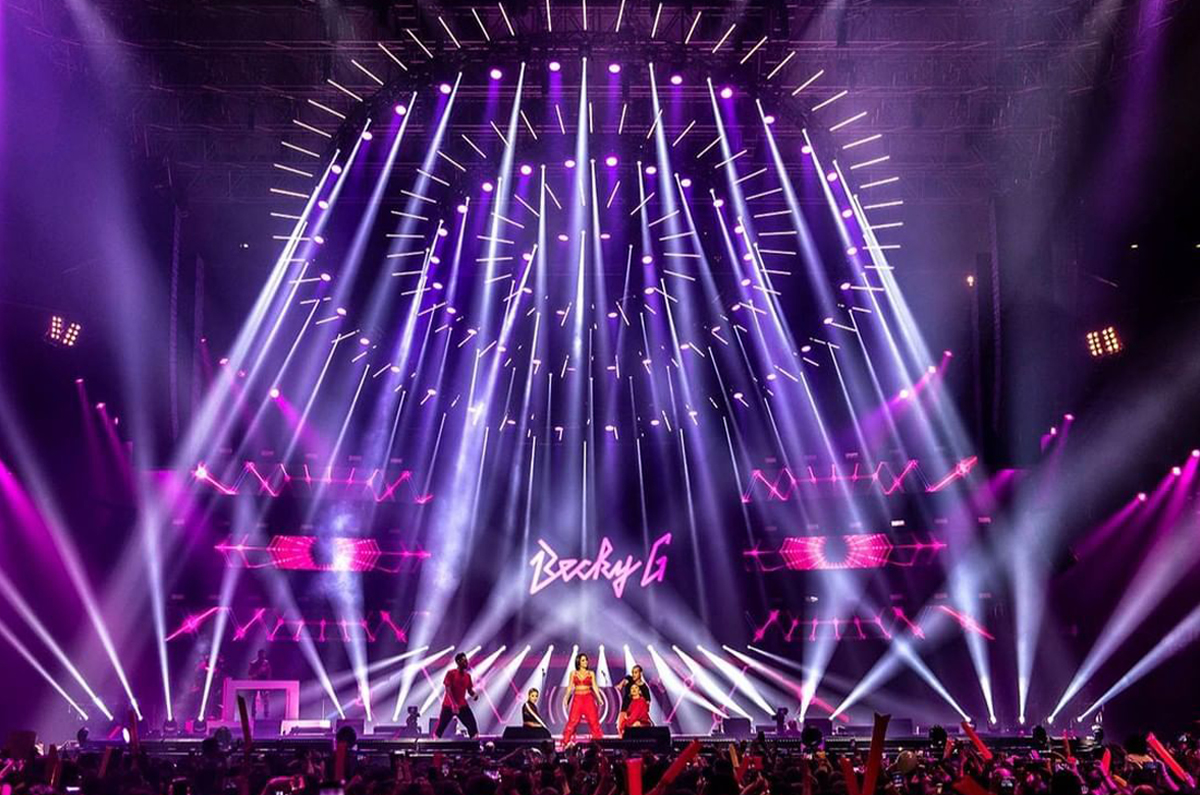The rapid growth of the new energy vehicle (NEV) industry is reshaping the automotive landscape, with power batteries at the heart of this transformation. As governments and investors alike recognize the strategic importance of this sector, a growing focus is being placed on battery recycling and sustainable management. The Ministry of Industry and Information Technology (MIIT) has recently initiated efforts to establish a comprehensive battery recycling system, signaling a shift toward more responsible end-of-life handling of these critical components.
According to Cui Weihua, deputy secretary-general of the Automobile Information Service Committee and head of the Beidou vehicle networking certification alliance, the residual value of NEVs drops significantly after five years—often to just 20%. This decline in value, combined with the fast-paced replacement cycle of electric vehicles, is pushing the industry toward innovative solutions such as shared leasing models and battery-as-a-service strategies. “Recycling is no longer optional; it's a necessity for car manufacturers,†he emphasized.
The MIIT has also proposed a producer responsibility extension system, where automakers would be held accountable for the entire lifecycle of their batteries. Miao Wei, Minister of MIIT, stated that “the automobile factory must take responsibility for battery recycling.†This policy aligns with global trends and signals a stronger regulatory framework for the industry.
However, challenges remain. Many used NEVs currently have little to no resale value, with some models losing up to 80% of their initial value within three years. Experts attribute this to factors like battery degradation, lack of market data, and uncertainty in valuation. One unnamed Shanxi used car dealer even claimed that “new energy used cars are basically worthless in the current market.â€
Despite these hurdles, the scale of upcoming battery recycling needs is massive. Industry forecasts suggest that by 2020, China will see over 248,000 tons of power batteries reaching the end of their life, a 20-fold increase from 2016. By 2030, the total weight of decommissioned batteries could reach 7 million tons. Such figures underscore the urgency of developing efficient recycling and reuse systems.
Experts warn that improper disposal of old batteries could lead to serious environmental issues. “If handled correctly, battery recycling can become a huge industry. If not, it will be a source of secondary pollution,†noted an anonymous auto analyst. Meanwhile, Luo Baoming, vice-chairman of the National People’s Congress Overseas Chinese Committee, highlighted the growing concern: “The issue of battery disposal is becoming increasingly urgent as the NEV boom continues.â€
To address these challenges, several automakers are exploring new business models. For example, Beiqi New Energy is working on separating vehicle ownership from battery usage, allowing consumers to rent or purchase batteries separately. This model aims to reduce upfront costs and make NEVs more accessible. Similarly, companies like Car and Home are experimenting with removable battery leasing schemes.
Another promising approach is battery repurposing. Used power batteries can be reutilized in low-speed vehicles or stationary energy storage systems. While China’s battery recycling technology was once lagging, recent advancements have made this feasible. Xu Shengming, a researcher at Tsinghua University, pointed out that “there is huge potential in the recycling and second-life use of batteries,†and many companies are now investing in R&D for this space.
Looking ahead, the future of power batteries appears bright. With strong government support, increasing consumer adoption, and ongoing technological innovation, the industry is well-positioned for long-term growth. Major automakers, including SAIC, BAIC, and Changan, are aggressively expanding their battery manufacturing capabilities. Collaborations between automakers and battery suppliers are also accelerating, with joint ventures forming to secure key resources and expertise.
As policies evolve and infrastructure improves, the path to a sustainable and efficient battery ecosystem is becoming clearer. “Everything is moving toward normalization,†said one industry analyst. With proper regulation and innovation, the power battery sector is set to play a central role in the future of mobility.
As a Professional manufacturer of stage lights, our products base on High Quanlity Standard and competitive prices.
Moving head Beam Lights, wash zoom lights, LED Par Lights, COB matrix light, laser lights and fog machines, professional solution for decerating stage effects.
Stage lighting series products can be used in various large and small concerts, bars, restaurants, clubs, etc. Program them to make good effects for any stage by using DMX Controller. We also provide free solution for your to fit well to the plan.

Stage Light,Led Stage Lights,Stage Lighting,Stage Lighting Systems
Guangzhou Cheng Wen Photoelectric Technology Co., Ltd. , https://www.cwdisplay.com